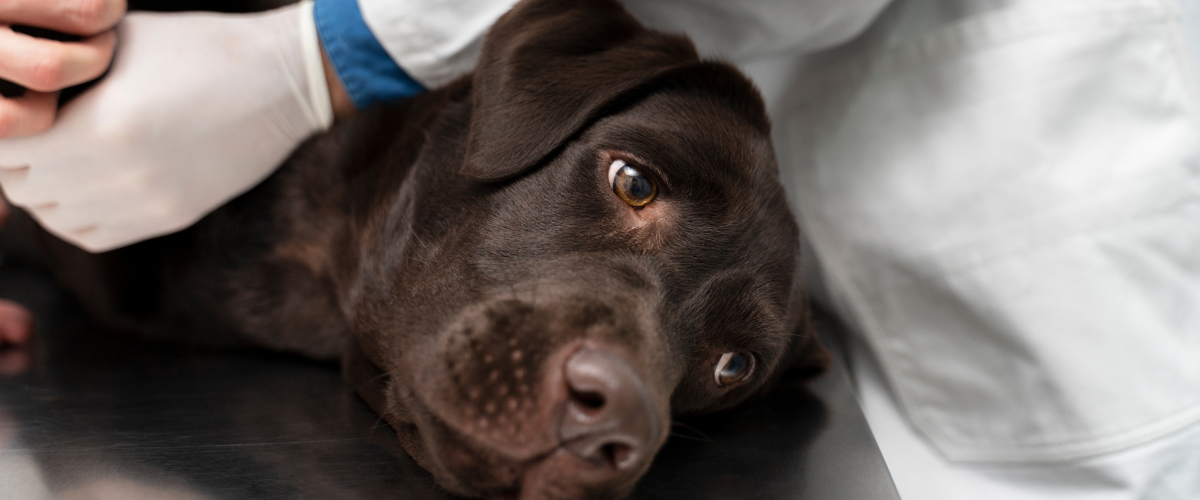Lumps and Bumps
Unusual Growths: Any new lump or bump that grows, changes shape, or doesn’t go away should be checked by a vet.
Irregular Shapes: Lumps that are irregular in shape, firm, and immovable can be concerning.
Weight Loss
Unexplained Weight Loss: Significant or unexplained weight loss can be a sign of various cancers.
Loss of Appetite: A decrease in appetite or refusal to eat can also indicate a problem.
Changes in Eating or Drinking Habits
Increased Thirst or Urination: These can be symptoms of certain cancers or other serious illnesses.
Difficulty Eating or Swallowing: Oral tumors can cause discomfort and lead to eating difficulties.
Persistent Sores or Wounds
Non-Healing Wounds: Wounds that do not heal despite treatment can be a sign of skin cancer or other underlying issues.
Unusual Odors
Offensive Odors: Bad smells from the mouth, ears, or other parts of the body can indicate tumors in these areas.
Bleeding or Discharge
Unexplained Bleeding: Bleeding from the nose, mouth, or other body openings without an obvious cause should be investigated.
Unusual Discharge: Discharges from the eyes, nose, or other orifices can also be a symptom.
Difficulty Breathing, Urinating, or Defecating
Respiratory Issues: Labored breathing, persistent coughing, or other respiratory problems can be a sign of lung cancer or other thoracic tumors.
Elimination Problems: Straining to urinate or defecate, or changes in urination and defecation patterns, can indicate cancers of the bladder, prostate, or gastrointestinal tract.
Lethargy and Decreased Activity
Low Energy Levels: A sudden decrease in activity levels or prolonged lethargy can be an indicator of illness, including cancer.
Pain or Discomfort
Visible Discomfort: Signs of pain, such as limping, reluctance to move, or sensitivity to touch, can be associated with bone or other internal cancers.
Changes in Behavior
Behavioral Changes: Increased irritability, withdrawal, or changes in usual behavior patterns can sometimes be linked to pain or discomfort caused by cancer.
Gastrointestinal Problems
Vomiting and Diarrhea: Persistent vomiting or diarrhea, especially if it is severe or contains blood, can be symptoms of gastrointestinal cancers.
Swelling or Enlarged Lymph Nodes
Swollen Lymph Nodes: Enlarged lymph nodes, often found under the jaw, in the armpits, or in the groin area, can indicate lymphoma or other cancers.
Steps to Take if You Notice Symptoms
Consult Your Veterinarian: If you notice any of these signs, schedule an appointment with your vet as soon as possible.
Diagnostic Testing: Your vet may recommend blood tests, imaging (like X-rays or ultrasounds), biopsies, or other diagnostic tests to determine the cause of the symptoms.
Follow-Up Care: Based on the diagnosis, follow the recommended treatment plan, which may include surgery, chemotherapy, radiation, or palliative care.
Early detection and intervention are crucial for managing cancer in pets. Regular veterinary check-ups and being attentive to changes in your pet’s health can help catch issues early on.

